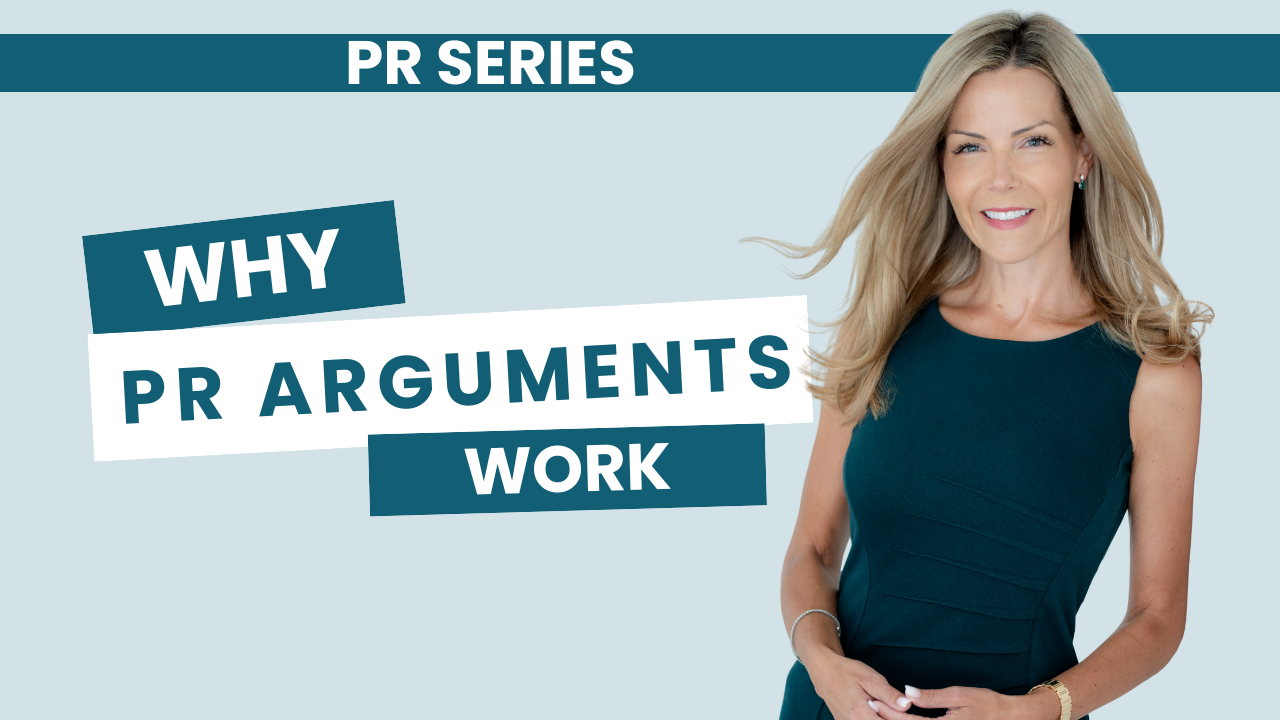By: Melissa Barlock
What you should know before attempting to hire staff on your own...

Why hire a recruiter? If you’re a business owner or hiring manager, what you really want to know is how a recruitment/staffing agency can cut costs and help to save you money. In thinking about this question, it led me to wonder why we hire anyone. Why go to a doctor or hire a lawyer, contractor, cleaning person, or babysitter? Sometimes the answer is more obvious than others: we simply may not have the skills or training to do something ourselves, and/or may not be legally permitted to do so. Other times it is something we just don’t want to do, may not have time for, or we would prefer to do something else in that time. There are times, however, when we are ambivalent about the work we are considering. It is also possible that it is work we enjoy, or a task to consider as an opportunity to challenge ourselves. Even then, there are still advantages to outsourcing work beyond your expertise.
Comparative advantage:
If this term feels familiar, then you likely first encountered it in an introductory business economics class. In its entirety, it’s a concept that is not intuitive, and I remember how revealing it was when I first learned it. Basically, it describes the gains to individuals, businesses, and nations, from trading goods (products) and services with one another. For simplicity, it is often first taught in the context of two countries that can produce the same two goods, to determine how much of each item the countries should produce and trade. To have an absolute advantage is to be the best/most efficient at producing a good (or giving a service). The interesting and most important thing is that, even if one country is better at producing both products relative to another, it is still beneficial for that country to produce the item it can make best and to trade it to the other country for the item the other country can make best; a comparative advantage reflects the good one country can produce cheaper (at a lower opportunity cost) relative to the other. At the end of the day, both countries are able to consume more than they would have had they forgone trade and produced all their own goods. The point is that, as a business owner and/or dental professional, it is more economical to spend your time doing the job you get paid most, what you are specialized to do. Likewise, a professional recruiter’s time is best spent recruiting. Now, let’s take a look at some of the specifics.
Hiring costs:
In addition to your time, even without outside help there will still be costs associated with marketing and advertising. Posting positions on your company website or LinkedIn page may not incur much cost beyond the initial setup expenses, but they will not likely draw enough traffic to be selective about candidates or fill positions quickly. Posting on online job boards will also not attract much attention unless fees are paid to sponsor postings. Following the progress of a posting, screening resumes, contacting potential employees, and conducting interviews can take up considerable additional time or expenses, if it is done in-house. Having a recruiter do the work is like having an HR department without the overhead!
Reduce hiring time:
As mentioned, it costs time and money to keep a position open. This includes the direct costs associated with maintaining job postings and, perhaps more importantly, the costs due to lost business or overtime pay; if you’re looking for someone there is likely a need for the extra help. A recruiter can significantly reduce the time to find ideal candidates. Not only is it their job to be vigilant about active job-seekers, but recruiters may also seek out “passive candidates” who aren’t currently looking but that would be willing to transition under the right circumstances. Some recruiters also work for companies that have their own recruiting software, and have a broader personal network, as additional resources.
Temps:
Hiring temps, or temporary employees, is especially relevant in the dental industry. The advantages to the employee are choosing when and where to work. The advantage to the employer is reduced fixed costs, paying for help only when it is necessary. Additional savings include a reduction in benefit payments such as various forms of insurance, vacation, and retirement pay. Of course, any growing business would like to hold onto exceptional employees, and trial temp-to-permanent positions can be extremely invaluable, allowing employers to test candidates before they commit. As mentioned, recruiters can expand the applicant pool and reduce hiring time, gains that compound when it comes to temporary positions, adding significant benefit to both employers and employees.
Acquire the ideal employee:
A good recruiter knows the industry inside and out, and can look beyond the technical skills listed in a resume. For example, many companies have a set of core values, and a recruiter can help to align the core values of the employer and employee to maintain or enhance the company’s intended culture. This is because recruiters are usually more engaged with job-seekers throughout the process and often build relationships with them, particularly temporary workers. Hiring the right employee and fostering positive relationships will also help to improve retention and reduce employee turnover, which can also be very costly. An often overlooked advantage is that a recruiter can act as a liaison between the employer and employee, helping to ensure each side is aware of the other’s wants and needs; keeping an open line of communication can help to establish a mutually beneficial relationship, further increasing value and retention.
Enspire Dental Opportunities is looking forward to working with you.












